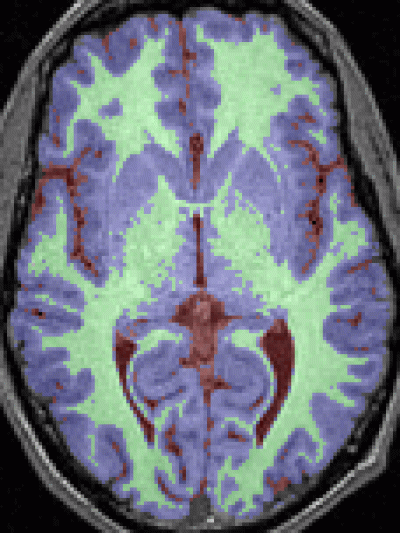Below is a summary of the information on career progression for physicists received from Prof. Roger Ordidge and Prof. Roger Lemon. This is different to promotion to different pay scales and grades, information on which can be found on the human resources website
Promotion to Lecturer
You must show evidence of contributions in 3 areas, research (i.e. papers), grants and teaching:
- Candidates should have 15-20 papers (including those as a coauthor).
- Have some experience of teaching and assessment, this may be degree courses or internal courses. There is little teaching in the Institute, lecturers at UCL could produce and give 60-80 lectures a year, we would not get near that and this is taken into account.
- Being on grants that bring income to the Institute is a big help in gaining promotion.
- Other aspects of work such as being on committees and working parties, attending meetings, supervising students and carrying out administrative jobs may also be taken into account.
Promotion to Senior Lecturer/Reader
Although these two posts are equal in rank many people go from being a senior lecturer to a reader as a step towards a chair. The main difference is that a reader is more focused on research than teaching. Promotion to these posts and Professor are through the relevant UCL committee, whereas promotions to lecturer can be given by the Institute committee. The three basic areas of achievement are same as for the lecturer but the requirements are higher.
- 40-50 papers.
- approximately £200000 in grants.
- 4+ years as a lecturer.
- Serving on Editorial Boards, University Committees.
Promotion to Professor
You have about a 50% chance of a chair if you are a senior lecturer. You need to show excellence in 2/3 of the areas detailed above. For example:
- 60-70 quality papers.
- 5 papers in the last 10 years with 50-100 citations.
- A very high score from Students you lecture/supervise.
- Writing research books.
- Editor of journals.
- Board of Trustees.
- Grant Committees.
- Head of Department.
 Close
Close


